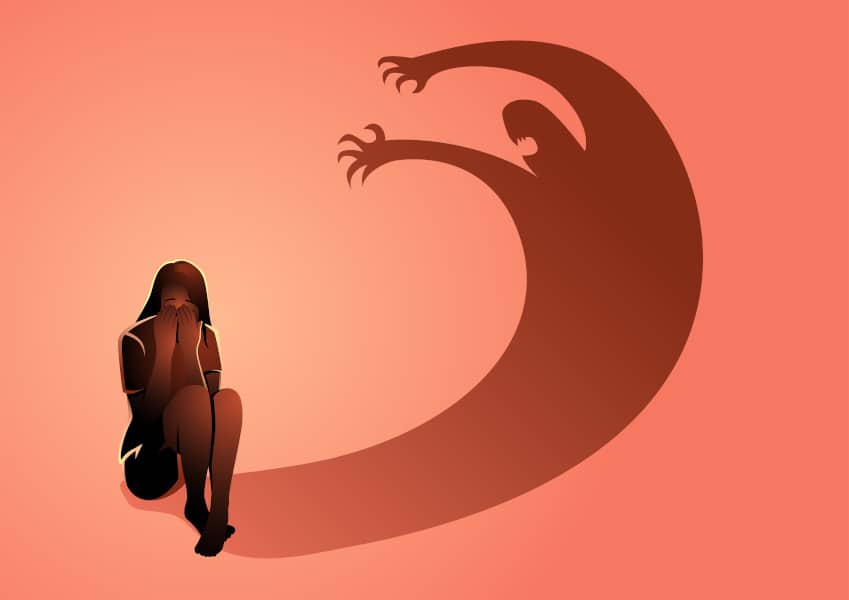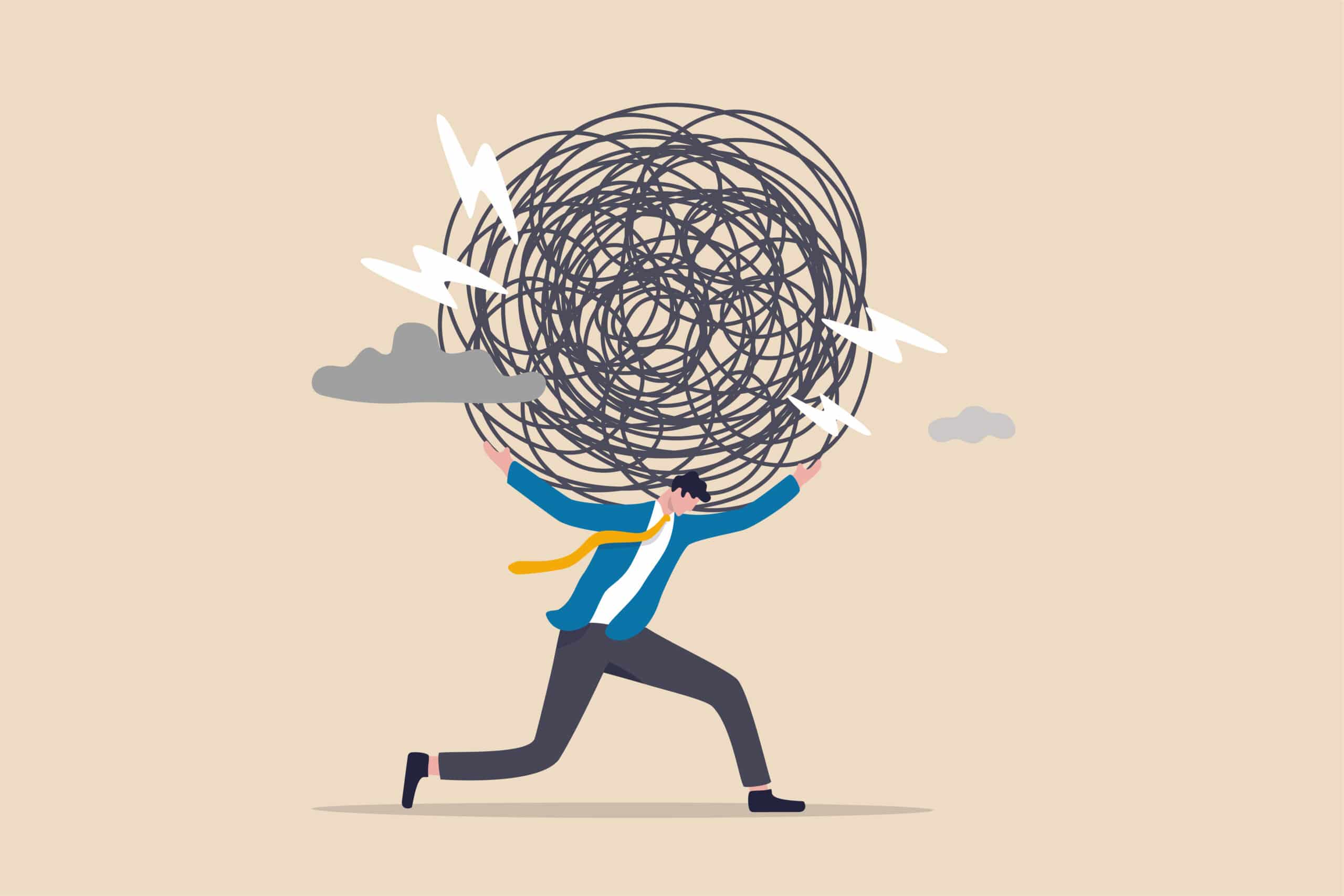Anxiety disorders are the most common mental health disorders in the United States. They affect an estimated 40 million adults every year (about 19.1% of the U.S. adult population).1 Symptoms of anxiety disorders, particularly panic attacks, can feel paralyzing and even life-threatening. How do you know when to go to the hospital for anxiety?
Some of the physical symptoms caused by these extreme episodes of anxiety include a pounding heartbeat, shortness of breath, chest pain, trembling, overwhelming fear, and a loss of control. It’s difficult to interrupt an anxiety attack once it starts. If you’ve ever witnessed someone experiencing a panic attack, you might wonder whether it warrants hospitalization.
When is It Appropriate to Go to the Hospital for Anxiety?
Anxiety disorders can cause some intense symptoms. Whether you’ve experienced them yourself or watched them play out in a loved one, they sometimes look like they require immediate medical attention. Despite the severe reactions that anxiety causes, panic attacks typically resolve without medical intervention or hospitalization.
This doesn’t devalue the seriousness of a panic attack; the feelings experienced amid one seem incredibly real. Unfortunately, there isn’t much the hospital can provide aside from some medication and a place to wait out the panic attack.
People with a history of anxiety disorder and panic attacks are usually familiar with the experience, despite the discomfort they cause. They also often have medications the hospital would provide, anyway, so they don’t need to leave the comfort of their home to wait out the panic attack.
However, there are moments when you should go to the hospital for anxiety. If the panic attack is coupled with self-harming behavior, alcohol or drug use, or suicidal ideation, seek immediate medical help. Someone who is a danger to themselves or others shouldn’t work through their symptoms at home; they should receive emergency care to reach a stable mental place.
Other Options for Treating Anxiety
If you or a loved one need hospitalization for an anxiety disorder, specialized mental health treatment may be the next step. Anxiety disorder symptoms range from mild to moderate to severe and can be seriously debilitating at times. Some people struggle to meet their daily responsibilities because of their symptoms. People who experience anxiety that affects their quality of life may want to seek help from a mental health treatment program.
Specialized mental health treatment programs, such as those at Lifeskills South Florida, operate on a continuum of care. People typically start with a residential program where they live at the facility while building a solid foundation for managing their mental health. Then they transition into less intensive levels of care like an outpatient program or counseling services.
Lifeskills South Florida understands the unique challenges that come with anxiety disorders. We know how difficult it can be to feel like your brain is working against you. Thankfully, healing is possible once you find the right environment, and that is what we strive to provide.
If anxiety is an ongoing, debilitating factor in your life, reaching out to our admissions team may help. We’ll determine your particular struggles and find out which program at Lifeskills South Florida suits your needs. Call us at 954-953-1742 to take that first step toward finding the care you deserve.
References
- Anxiety and Depression Association of America. (2022). Anxiety Disorders – Facts and Statistics.




